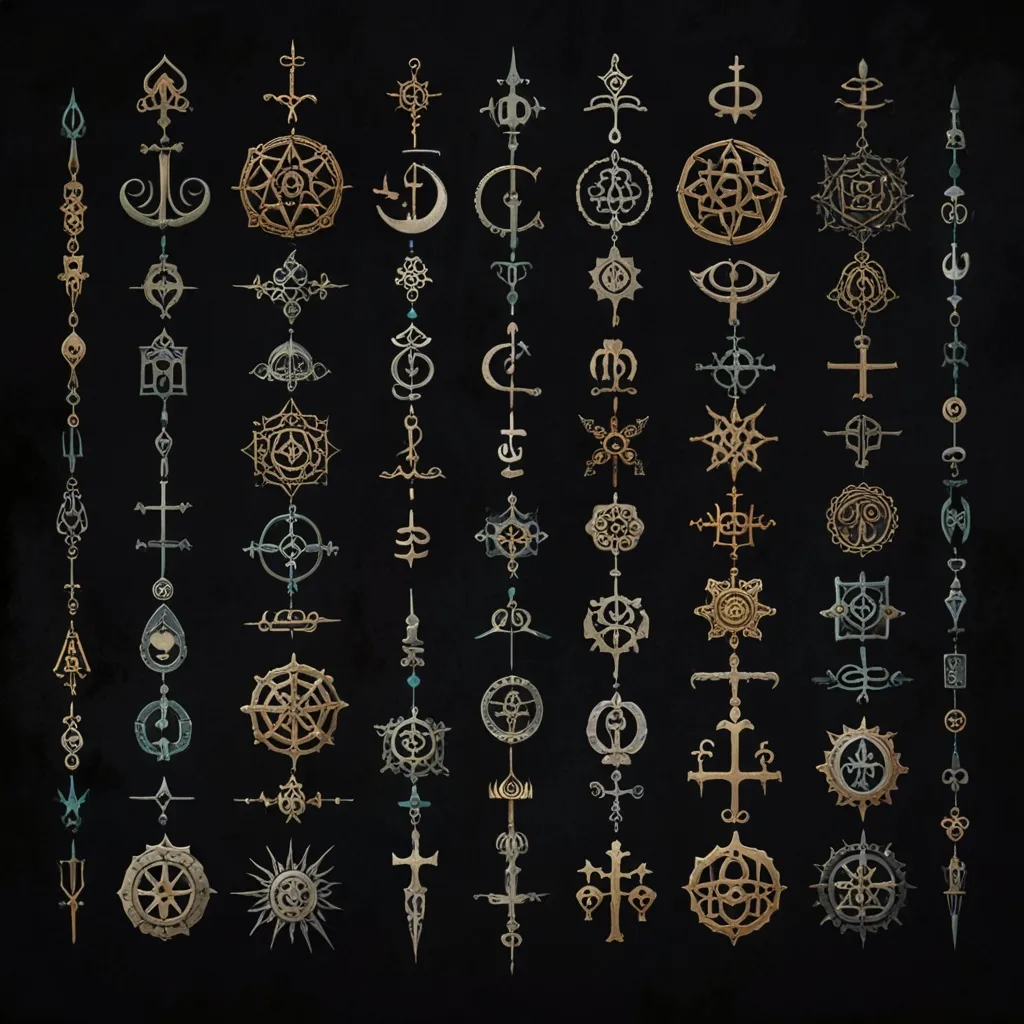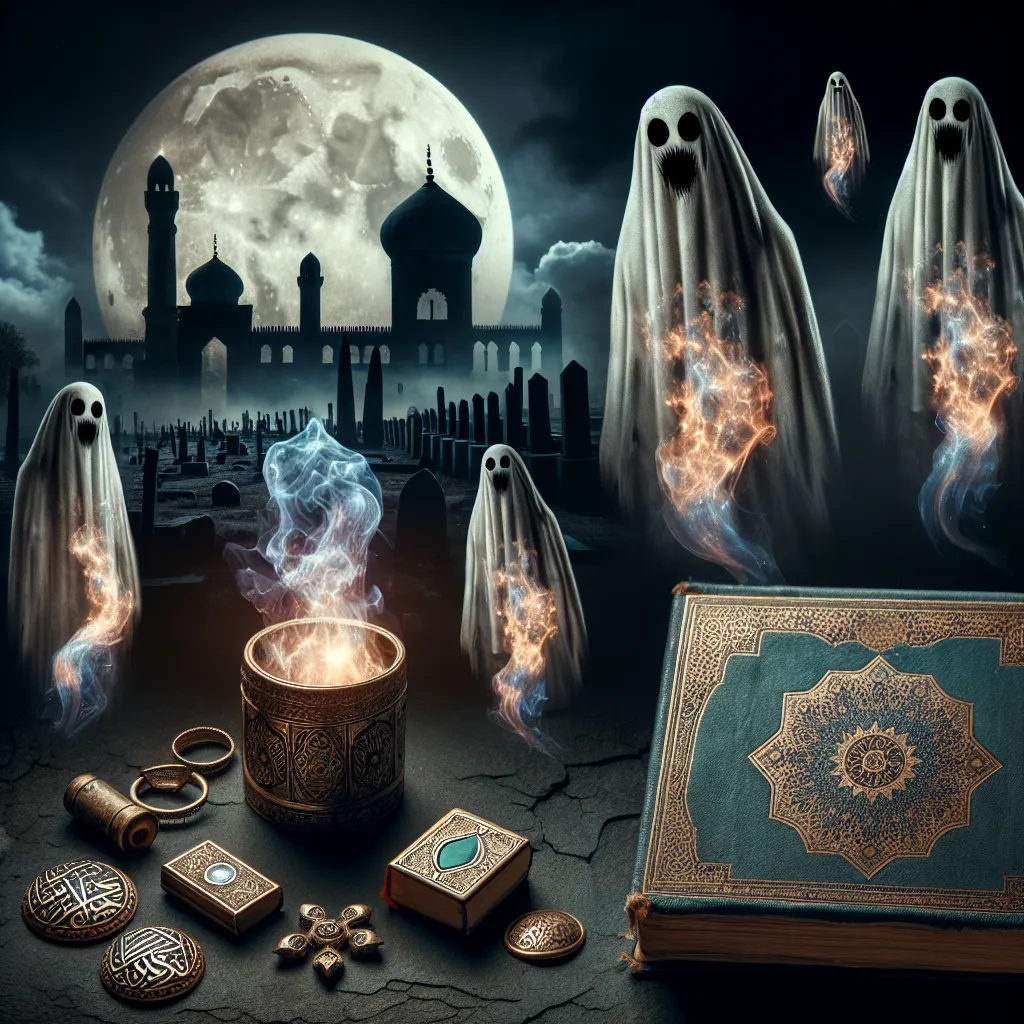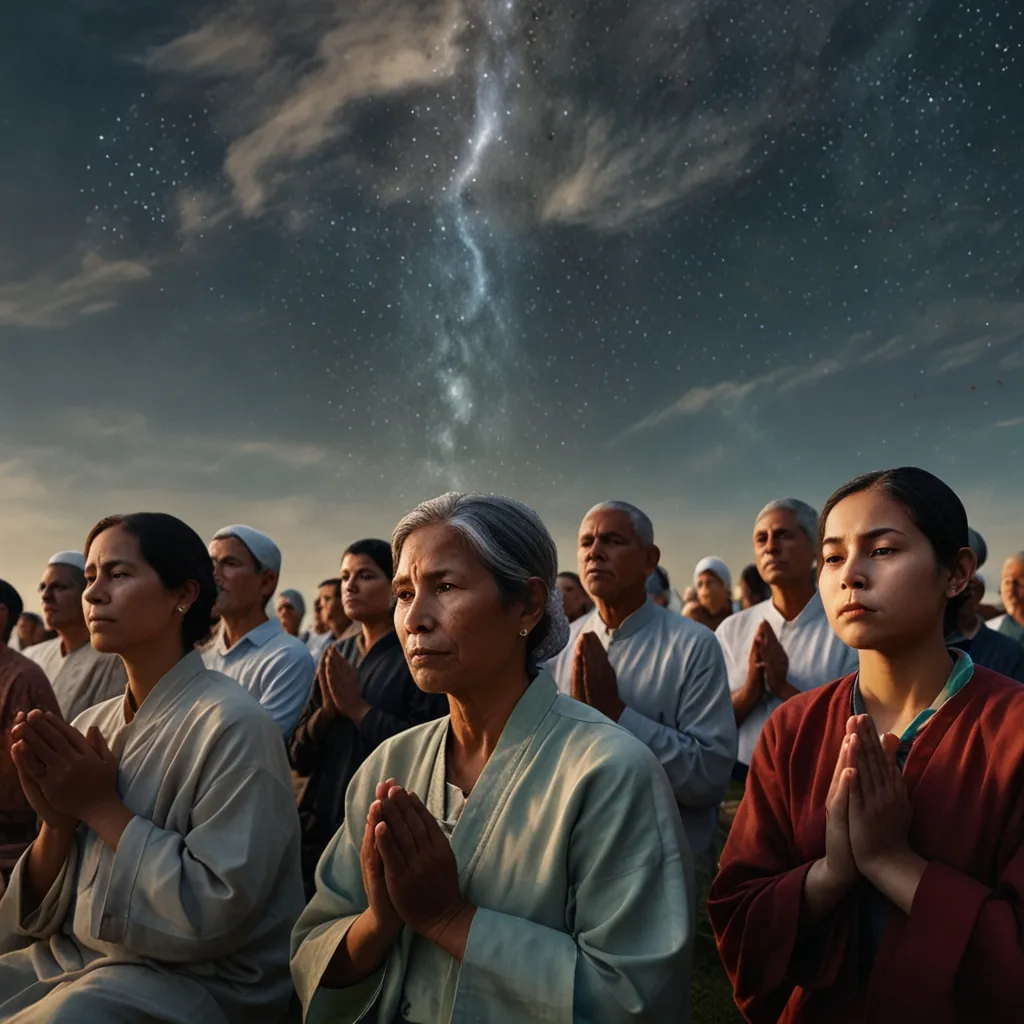Religions worldwide have been pondering evil for centuries, each bringing its unique flavor to the table. Tackling why evil exists, these big spiritual systems reflect their distinct takes on the universe and human life.
In religions like Christianity, Islam, and Judaism, grappling with evil hits hard. They believe in a God that’s all-good, all-knowing, and all-powerful. This poses a big question: why would such a God let evil exist? A go-to answer here is free will. Humans get to choose between good and bad, and those choices can lead to suffering. This puts a spotlight on personal responsibility and moral decisions.
Take Christianity, for instance. It pins evil on human sin, like the famous story of Adam and Eve. Their original sin supposedly unleashed evil and suffering into our world. Yet, Christianity also offers a lifeline through redemption. The suffering of Jesus is seen as a path to overcoming evil and promising spiritual healing.
Now, let’s look at Buddhism and Hinduism, which take a different spin. Buddhism says that evil stems from ignorance and our attachment to temporary things. Buddha taught that suffering comes from clinging to impermanent stuff and misunderstanding reality. To beat evil, one needs wisdom and detachment from worldly desires.
Hinduism has its own playbook with multiple takes on evil. Some texts nail it as a moral failure – not following the gods’ laws makes one evil. Other scripts talk about demons that divine forces need to defeat. It’s big on karma, too. Whatever you do in this life affects your future circumstances.
Taoism, another Eastern religion, paints evil as a lack of balance in nature. According to Taoist wisdom, the universe’s yin and yang need to stay in harmony. When they’re off-kilter, evil and suffering sneak in. Fixing that imbalance means living in tune with nature.
And then there’s Zoroastrianism. This dualistic faith sees good and evil as eternal foes battling it out. Life is a cosmic battleground where humans choose sides. It makes moral choice and the fight between light and dark central themes.
Jainism, from India, throws karma and rebirth into the mix to explain evil. Jains believe actions have consequences, and evil deeds bring suffering, either in this life or the next. Liberation means embracing non-violence, self-control, and spiritual purity.
Many religions don’t see evil as a contradiction to God but more like a test of faith and character. Islam’s Quran, for example, tells of a merciful and just God. Suffering is viewed as a means for spiritual growth and purification. Patience and trust in God’s plan are key.
Evil is more than a theological puzzle—it’s a personal challenge, too. People often wrestle with why suffering exists, especially when it seems unjust. Religion often leans on faith in a higher power to navigate through these tough times.
Each faith brings its own answers to the problem of evil, reflecting its unique values and beliefs. By diving into these different perspectives, we can better understand the complex nature of suffering and the diverse ways religions try to overcome it.






